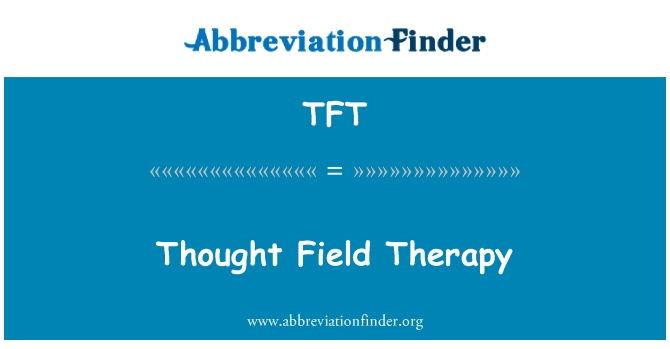

staying active after injury reduces pain symptoms and helps workers return to their usual activities at home and at work sooner.an unnecessary delay in returning to work is often associated with delayed recovery - the longer a worker is away from work, the less chance they have of ever returning.for most people with a work-related injury, time off work is not medically necessary.Section 248 of the Workers Compensation Act 1987 states:Īn employer must not dismiss a worker because of a work-related injury within six months from when the worker first became unfit as a result of the injury. provide suitable work that is (as far as reasonably practicable) the same as or equivalent to the work being performed at the time of the injury 2.provide suitable work (as far as reasonably practicable) when a worker is able to return to work, either on a full-time or part-time basis 2.participate in the development of the worker's injury management plan, written by your insurer, and comply with your obligations within it.


It explains how returning to and where possible, recovering at work after an injury can promote healing and facilitate recovery.

(more than 80 per cent) return to and recover at work within the first 13 weeks.Īdvice and direction in this guide is based on a strong body of research and evidence about the health benefits of work. Most injured workers take little or no time off work. It also explains the roles of the people in your worker's support team, including you, the insurer, approved workplace rehabilitation providers, doctors and allied health providers. It outlines your obligations under workers compensation legislation, and provides practical advice to help get the best possible outcome for your worker and you. This guide is to help you understand what to do and what to expect when your worker is injured.


 0 kommentar(er)
0 kommentar(er)
